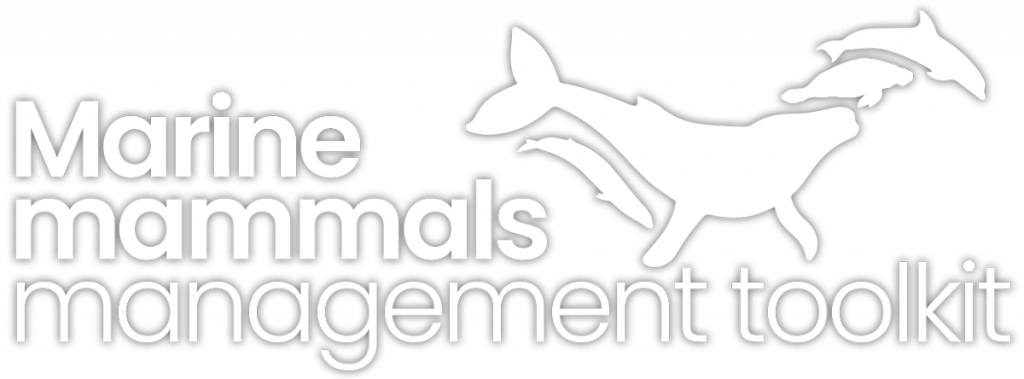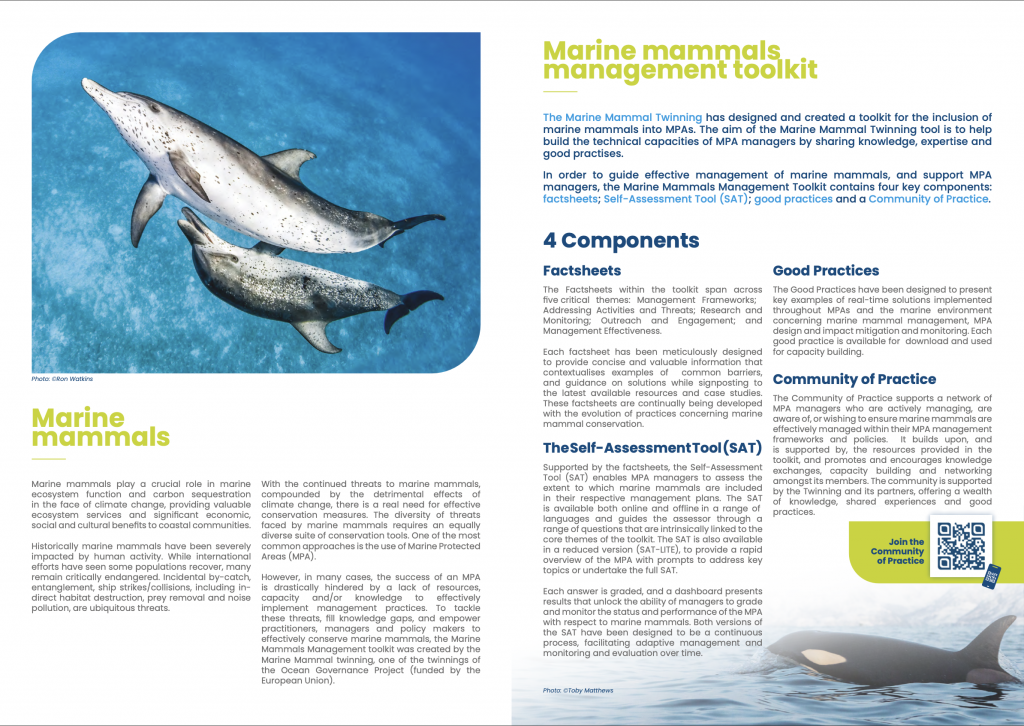Protecting Blue Whales and Blue Skies Programme Underway for 2024
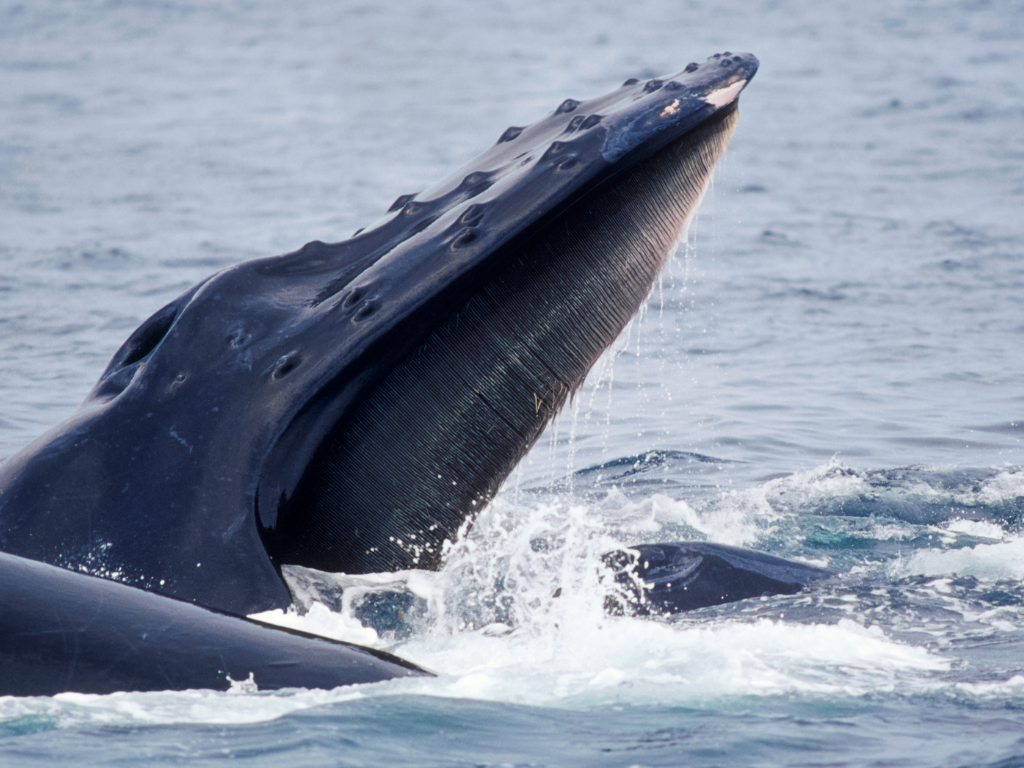
A Partnership for Cleaner Air, Safer Whales, and a Quieter Ocean Protecting Blue Whales and Blue Skies is a voluntary Vessel Speed Reduction (VSR) Program along the coast of California. By creating seasonal and predictable slow speed zones, this program helps companies protect endangered whales, reduce fuel use and regional greenhouse gas emissions, and improve […]
46 New Candidate IMMAs named for the North West Atlantic and the Wider Caribbean
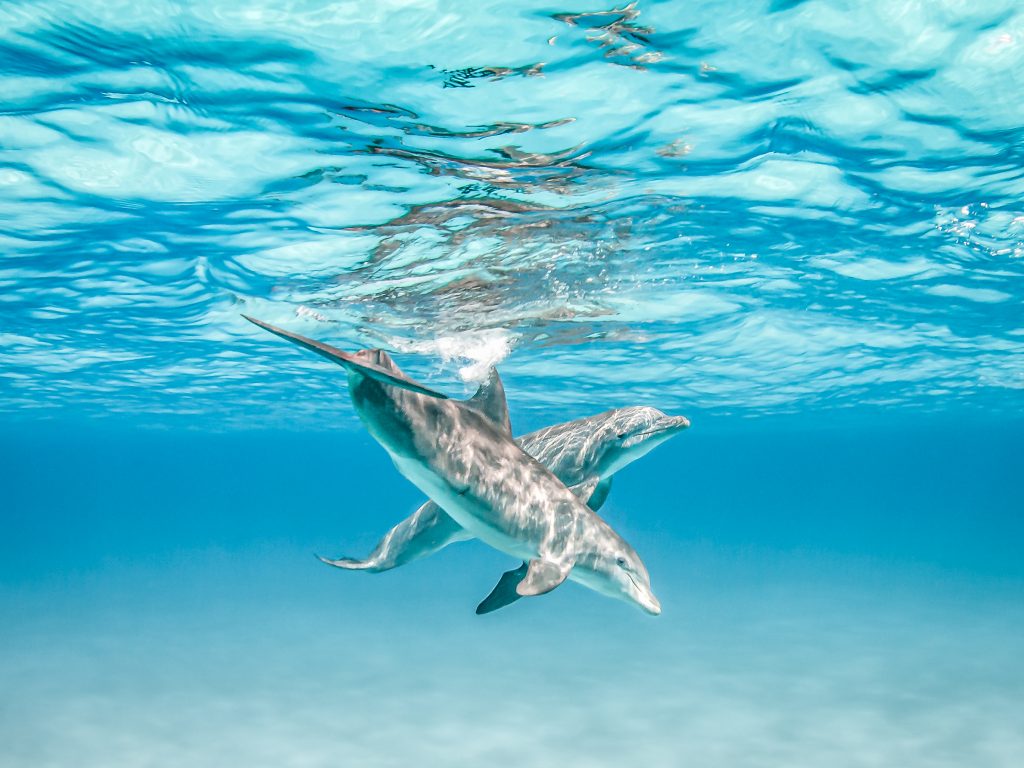
Mapping the home waters of manatees, polar bears and the critically endangered North Atlantic right whales and Rice’s whales New Candidate Important Marine Mammal Areas (cIMMAs) were announced in May 2024 with names like True’s Beaked Whale Aggregation Area, Terminos Lagoon and St. Vincent-Bequia Channel “Rat Porpoise” Alley. In all, following an intensive week at […]
New IMMAs approved in the North East Atlantic Ocean and Baltic Sea
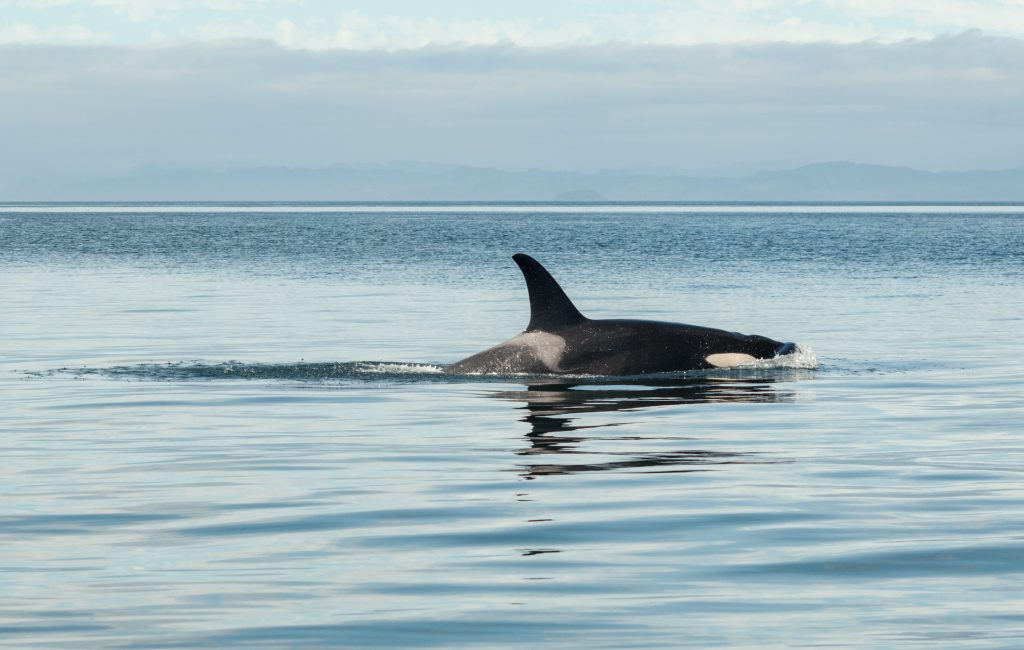
Concerns raised for endangered species and habitats in the North East Atlantic Ocean and Baltic Sea 27th February 2024 – The IUCN Marine Mammal Protected Areas Task Force is pleased to announce today the creation of 33 new Important Marine Mammal Areas, called IMMAs, in the North East Atlantic Ocean and Baltic Sea. The newly […]
Webinar: Counting whales from space with SPACEWHALE
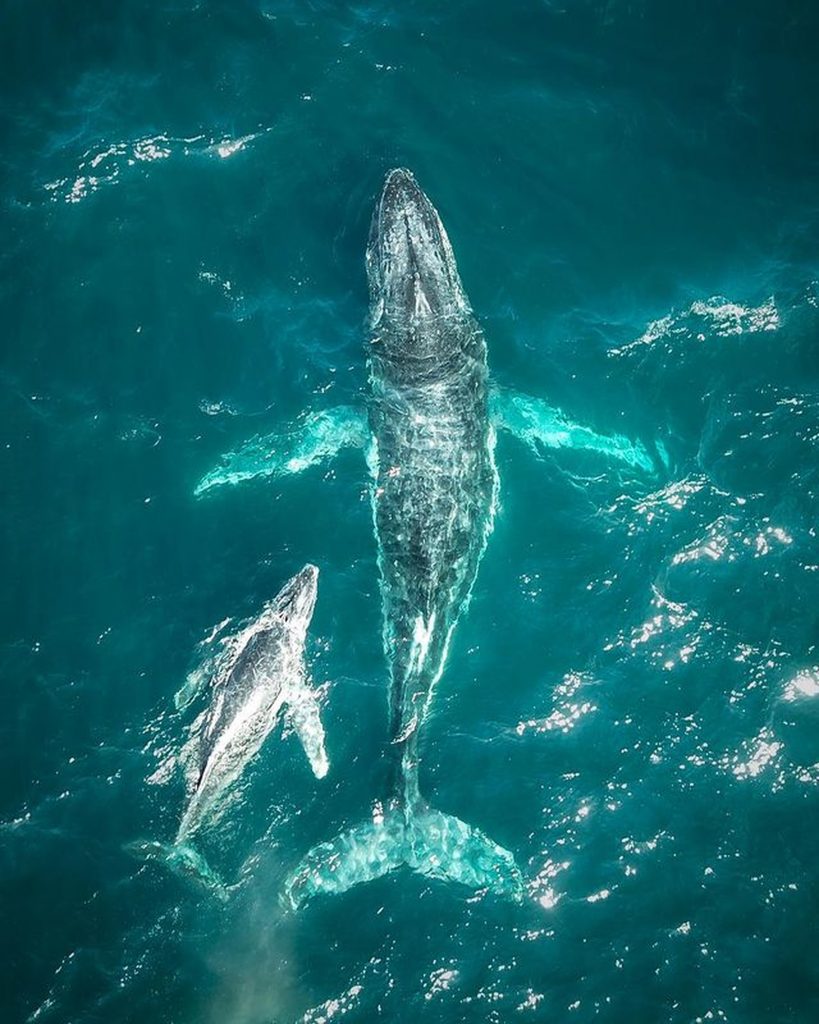
New webinar announced showcasing a new monitoring technique to monitor whales and other wildlife species from space – BioConsult’s new service SPACEWHALE counts whales and other wildlife species from space using satellite imagery. These images are screened and evaluated in a semi-automatic process combining state-of-the-art artificial intelligence and quality assurance by marine mammal experts. SPACEWHALE […]
The Impact of the Marine Mammals Management Toolkit: 2020 – 2023
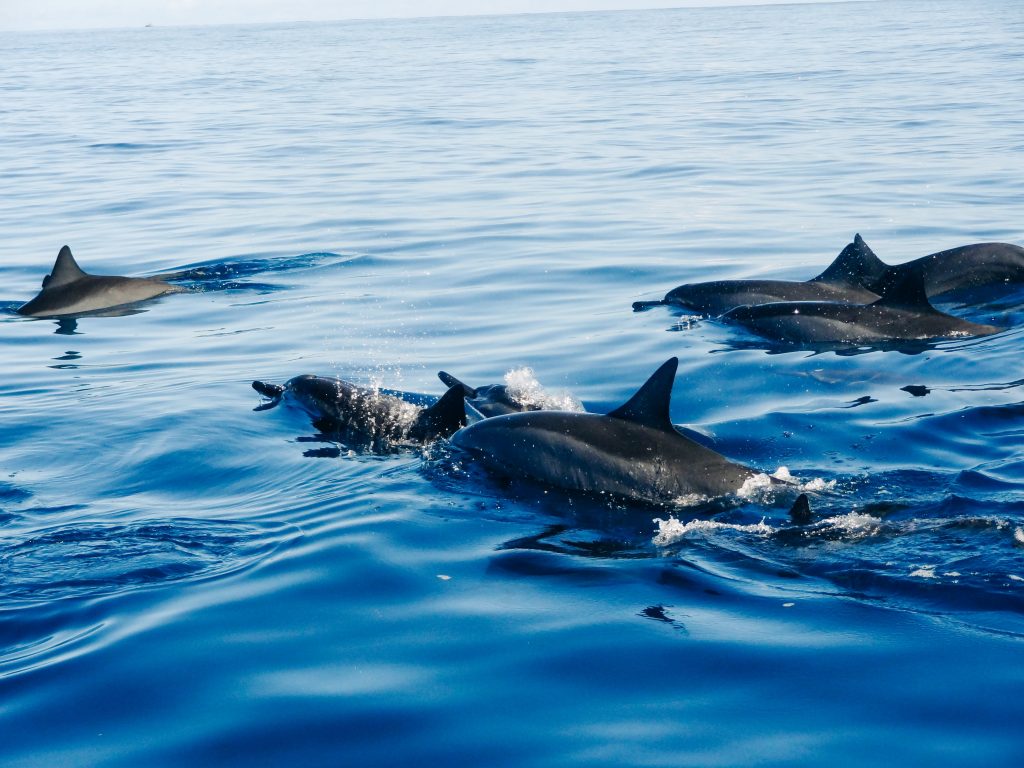
The Marine Mammals Management Toolkit releases its 2020 – 2023 Impact Report, marking the conclusion of the EU-funded Ocean Governance project. Since the Marine Mammal Twinning’s inception as part of the “Transatlantic MPA Project” and subsequently the EU-funded Ocean Governance Project in 2020, efforts have been implemented to develop the technical capacities of marine mammals […]
The World’s Migratory Species of Animals are in Decline, and the Global Extinction Risk Is Increasing
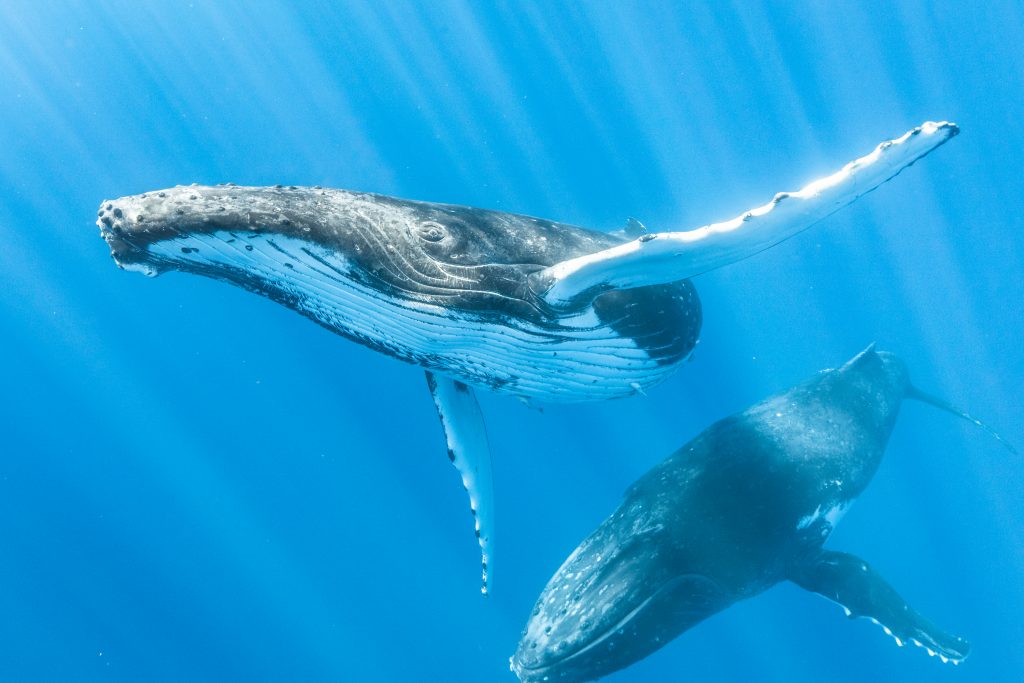
Samarkand, 12 February 2024 – The first-ever State of the World’s Migratory Species report was launched today by the Convention on the Conservation of Migratory Species of Wild Animals (CMS), a UN biodiversity treaty, at the opening of a major UN wildlife conservation conference (CMS COP14). The landmark report reveals: While some migratory species listed […]
IMarEST Marine Mammal Special Interest Group Biennial Report 2022-2023
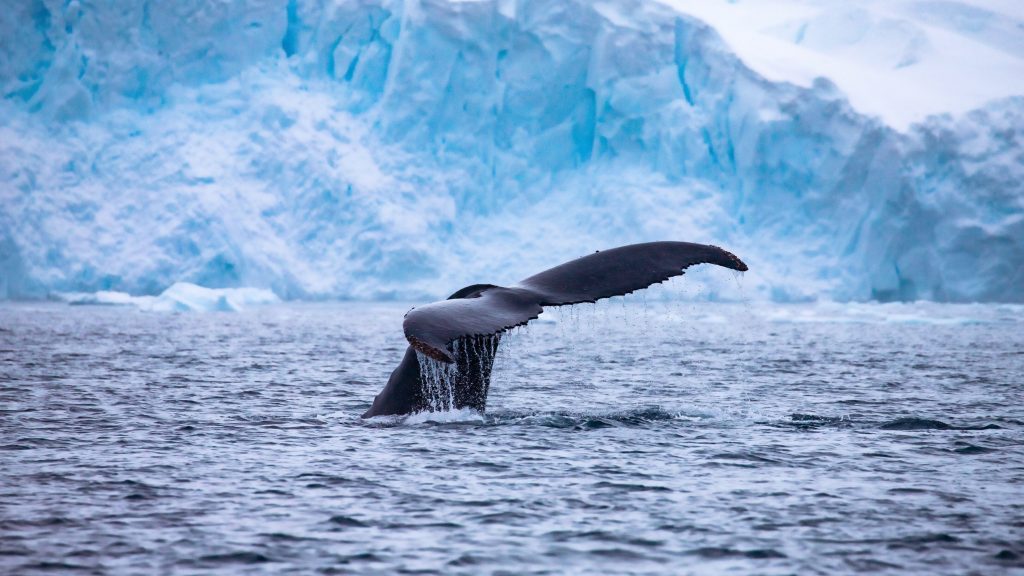
The Institute of Marine Engineering, Science, and Technology (IMarEST) Marine Mammals Special Interest Group (MMSIG) is pleased to present its combined biennial report for the years 2022 through to the end of 2023 . This document provides an overview of the diverse activities, events, and publications organised and produced by Special Interest Group (SIG) committee […]
New paper on the non-consumptive economic value of cetaceans
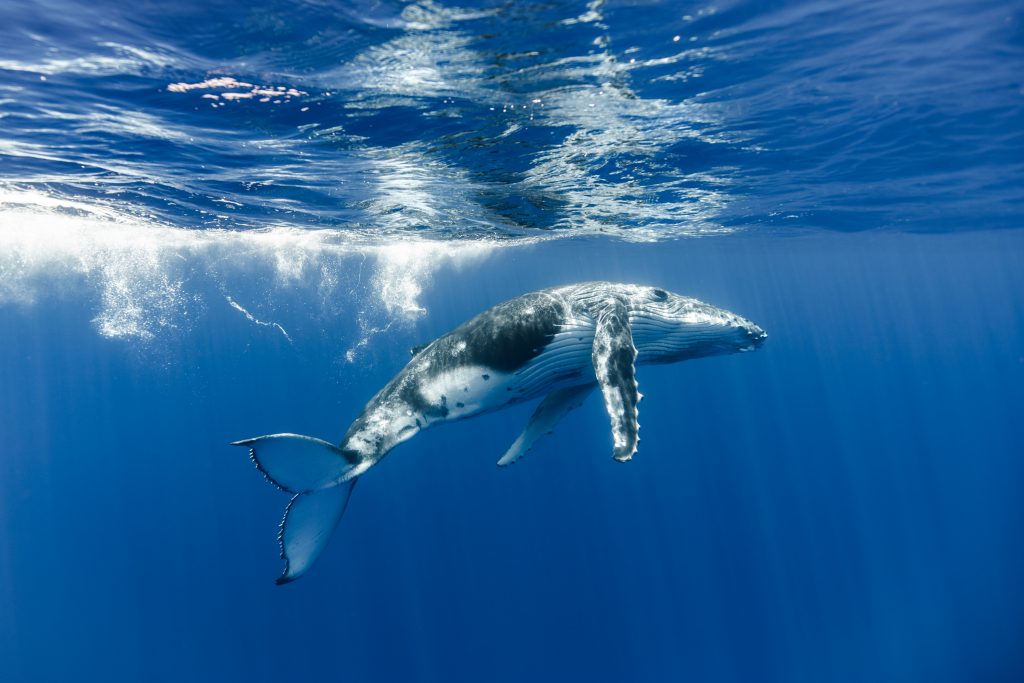
The conservation of wildlife is one of the most pressing issues in the current times, but wildlife conservation economic values have often been largely ignored due to an absence of market prices, as setting an economic value on biodiversity or whole ecosystems can be challenging. Nevertheless, valuing wildlife can be of great significance to improve […]
Major New UN Report Finds Climate Change is Severely Impacting Migratory Species of Wild Animals

Dubai, 10 December 2023 – Climate change is already having catastrophic impacts on many migratory animals and their ability to provide vital ecosystem services to humanity according to a major new report of the Convention on the Conservation of Migratory Species of Wild Animals (CMS), a UN biodiversity treaty. Released 10th December 2023 at the […]
Gulf of Mexico Marine Assessment Program for Protected Species releases new assessment
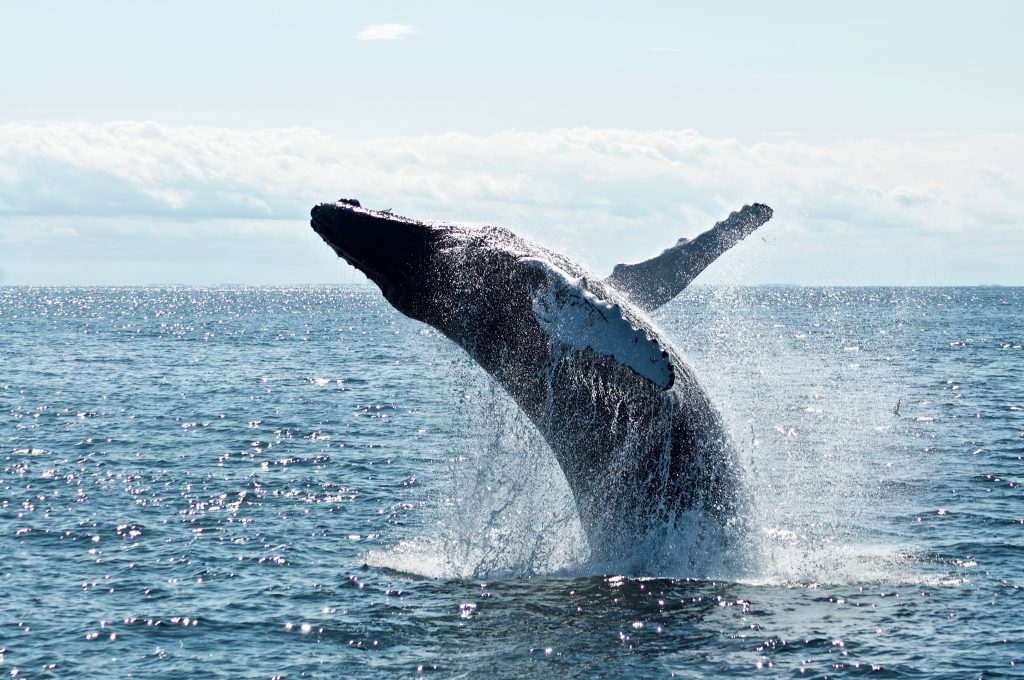
The Marine Mammal team for the Gulf of Mexico Marine Assessment Program for Protected Species (GoMMAPPS) just published their report on at-sea and aerial surveys that took place in the U.S. Gulf of Mexico between 2017-2018. Under the Marine Mammal Protection Act (MMPA) and the Endangered Species Act (ESA), the National Marine Fisheries Service (NMFS) […]

